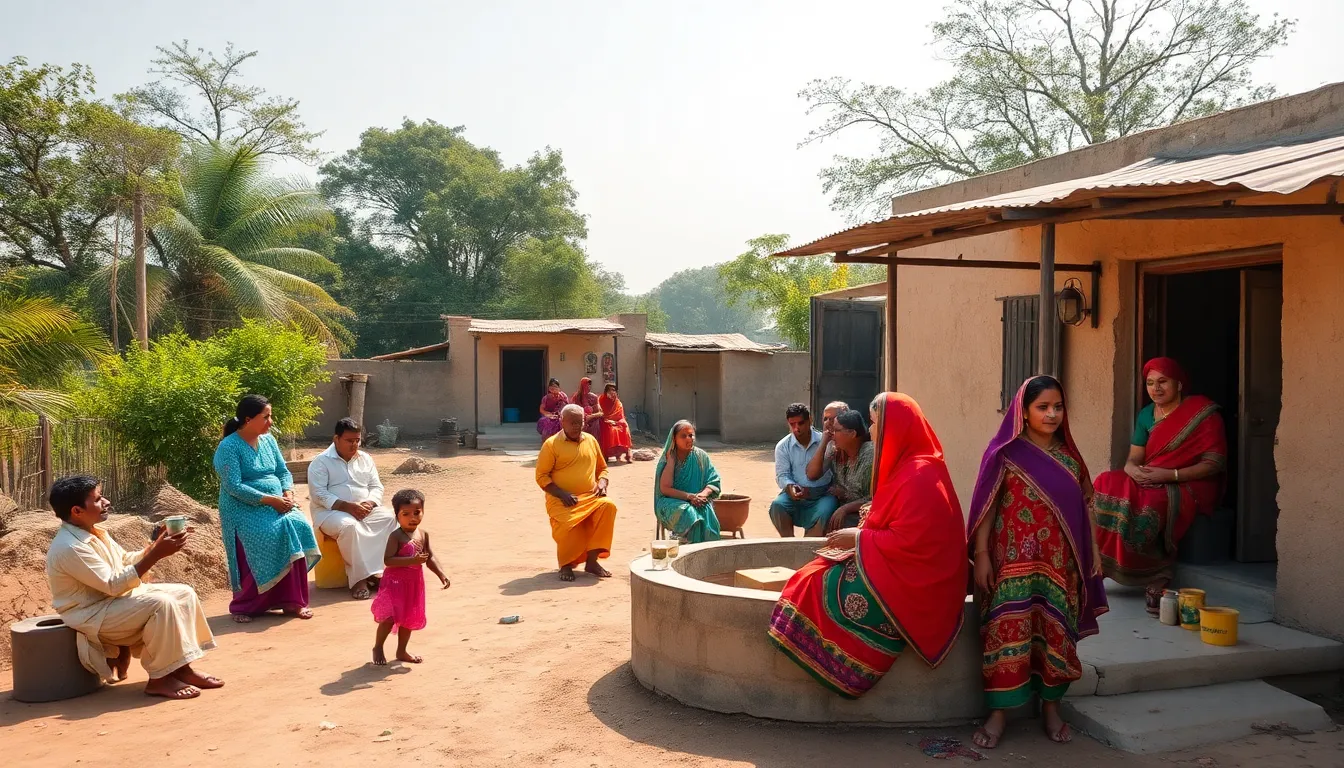In the small village of Kolki in Upleta, Gujarat, a unique tradition persists. Despite being surrounded by water sources, there are no tea stalls or hotels serving tea. Instead, the locals uphold a long-standing practice of hospitality. When visitors crave tea, they must be invited into a local’s home to enjoy a cup. This tradition has been in place since the royal era and helps foster connections among villagers.
Kolki has a population of around 6,500, and the primary occupation of its residents is farming. The absence of tea sales in this village is intentional. It is believed that not selling tea ensures that people do not develop addictions and saves the money that would otherwise be spent on tea. For tea lovers, visiting a home is the only way to enjoy a cup.
Residents of Kolki proudly state that this tradition encourages guests to come over, enhancing their social ties and community spirit. They lament that in today’s fast-paced world, many have forgotten the sweetness of personal relationships. The act of sharing tea with guests keeps these relationships alive and memorable.
Moreover, this practice helps the younger generation stay away from harmful habits while maintaining a sense of community. The lack of a tea stall has not hindered the village but reinforced a unique identity. The locals have maintained this tradition for years, showcasing their commitment to hospitality and community.
Meanwhile, the village faces challenges related to water availability. Many regions in Gujarat, including Kolki, struggle with access to clean drinking water, especially during the summer months. Residents often have to travel long distances to fetch water. Despite government initiatives like the ‘Nal Se Jal’ scheme, many households still do not have access to piped water.
In Kolki, locals rely on well water, and during the dry season, the situation becomes dire. Villagers have expressed their frustration over the ineffective implementation of water supply projects. They feel that the government has failed to deliver on its promises, leaving them to fend for themselves in times of need.
The contrast between Kolki’s tea tradition and its water crisis highlights the challenges faced by rural communities in Gujarat. While the village thrives on its rich cultural practices, it also grapples with modern issues that affect its daily life. The residents continue to advocate for better water management and infrastructure, hoping for a resolution to their water woes.
In conclusion, Kolki stands as a symbol of tradition and community spirit in Gujarat. Its unique approach to hospitality and the absence of tea shops tell a story of cultural resilience. At the same time, the pressing water issues reflect the broader challenges faced by many villages in the region. As Kolki moves forward, it represents both the beauty of tradition and the necessity for progress in essential services like water supply.


Leave a Reply